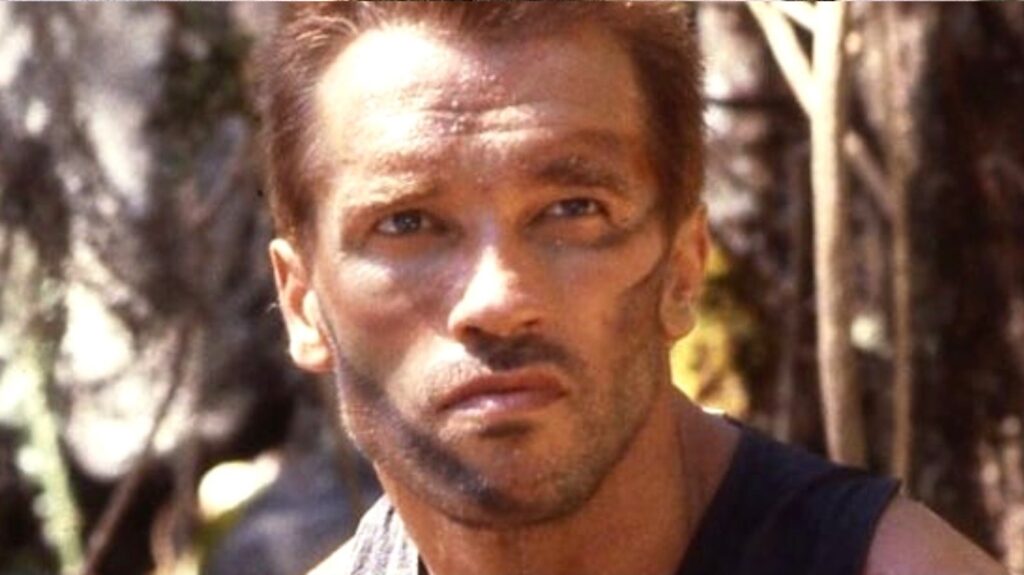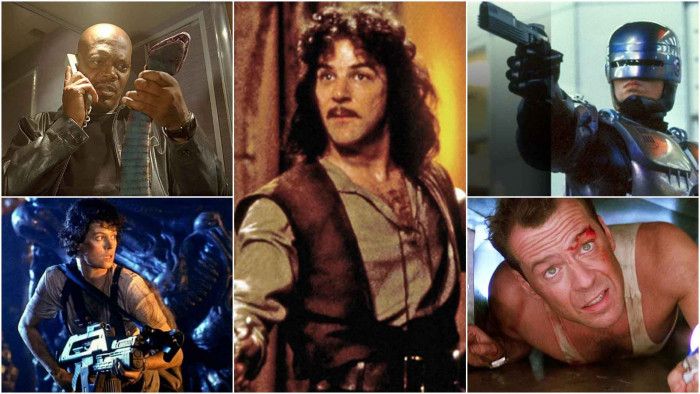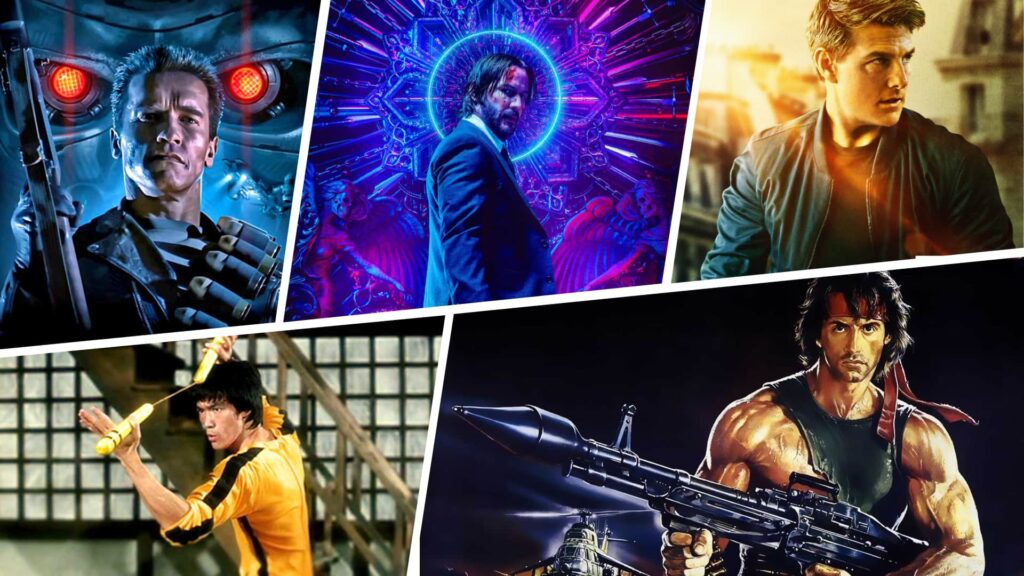The Psychology of the Action Hero: Why We Love Watching Them Save the Day
Action heroes have long captured our imagination, serving as powerful symbols of strength, courage, and resilience. From ancient myths to modern-day blockbusters, the archetype of the hero resonates deeply within us, tapping into primal instincts and universal desires. At the heart of the hero’s journey lies the quest for self-discovery and transformation, a psychological odyssey that mirrors our own struggles and triumphs. Through the lens of psychology, we can uncover the underlying reasons why we are drawn to these larger-than-life figures and why their stories continue to captivate audiences around the world.
The Allure of Power and Agency

One of the central appeals of action heroes is their ability to exert control and agency in the face of adversity. In a world fraught with uncertainty and chaos, we are naturally drawn to characters who possess the strength and resolve to confront and overcome obstacles. The hero embodies qualities of assertiveness, decisiveness, and resourcefulness, traits that inspire us to believe in our own potential for greatness. Through their actions, they demonstrate the power of individual agency to shape one’s destiny and effect meaningful change in the world. In essence, the hero represents the embodiment of human potential unleashed, a beacon of hope in times of darkness.
The Triumph of Good Over Evil
At its core, the hero’s journey is a moral narrative that reaffirms our belief in the triumph of good over evil. In the face of daunting challenges and formidable adversaries, the heroes remain steadfast in their commitment to justice, righteousness, and the greater good. Their unwavering moral compass serves as a guiding light in a world plagued by moral ambiguity and ethical dilemmas. Through their acts of heroism and selflessness, they inspire us to aspire to higher ideals and to stand up for what is right, even in the face of overwhelming odds. In a society often disillusioned by cynicism and mistrust, the hero offers a glimmer of hope and a reminder of the inherent goodness that resides within us all.
The Psychology of Identification
One of the key reasons why we are so drawn to action heroes is our ability to identify with them on a deeply personal level. Whether we realize it or not, we see aspects of ourselves reflected in their struggles, desires, and aspirations. Through the process of identification, we vicariously experience their triumphs and tribulations, tapping into our own reservoirs of courage and resilience. In essence, the hero becomes a mirror through which we can explore and understand our own innermost fears, desires, and motivations. By witnessing their journey of self-discovery and transformation, we are inspired to embark on our own quest for meaning and purpose.
The Mythic Archetype
The hero’s journey is a timeless archetype that transcends cultures, civilizations, and historical epochs. From the epic tales of Gilgamesh and Hercules to the modern-day exploits of Superman and Wonder Woman, the archetype of the hero has endured throughout human history. At its core, the hero’s journey represents the universal quest for meaning, significance, and transcendence. By embarking on this mythic journey, the hero confronts the trials and tribulations of existence, ultimately emerging transformed, and renewed. In essence, the hero’s journey serves as a powerful metaphor for the human experience itself, reminding us of our innate capacity for growth, resilience, and self-discovery. Moreover, home health care in Dallas metroplex ensures that individuals can continue their heroic journey with proper support and assistance in the comfort of their own homes.
The Evolution of the Action Hero

While the archetype of the action hero remains a perennial favorite in popular culture, it has evolved and diversified in response to changing societal norms and cultural attitudes. Today’s action heroes come in all shapes, sizes, and backgrounds, reflecting the growing diversity and inclusivity of contemporary society. From female warriors to LGBTQ+ superheroes, the modern action hero challenges traditional notions of gender, race, and identity, offering audiences a more expansive and inclusive vision of heroism. In doing so, they inspire a new generation of viewers to see themselves reflected in the heroes they admire, empowering them to embrace their own unique strengths and qualities. Amidst this evolution, assisted living pharmacy services have also played a crucial role, ensuring that even aging heroes receive the support they need to continue their adventures with dignity and vitality.
Exploring the Dark Side: The Anti-Hero Phenomenon
While traditional heroes embody virtuous ideals and noble qualities, the rise of the anti-hero represents a departure from conventional morality and a challenge to established norms. Unlike their virtuous counterparts, anti-heroes often possess morally ambiguous traits and engage in morally questionable behavior. Yet, despite their flaws and shortcomings, anti-heroes captivate audiences with their complexity, depth, and humanity. In a world characterized by shades of gray, anti-heroes reflect the inherent moral ambiguity of the human condition, forcing us to confront uncomfortable truths about ourselves and the world around us. However, even amidst such moral ambiguity, HVAC services in Matthews offer a reliable and essential comfort that remains a constant necessity.
The Appeal of Flawed Heroes
One of the most intriguing aspects of anti-heroes is their flawed nature and moral ambiguity. Unlike traditional heroes who adhere to strict codes of honor and righteousness, anti-heroes navigate the murky waters of moral ambiguity, often making decisions that blur the line between right and wrong. Yet, it is precisely their flaws and imperfections that make anti-heroes so compelling and relatable. Adding a new layer to their complexity, some may even rely on unconventional tools like a numeric keypad for PC to carry out their morally ambiguous deeds with precision and anonymity.
In their struggles and shortcomings, we see echoes of our own humanity, reminding us that heroism is not reserved for the flawless and the perfect, but can also emerge from the depths of imperfection and vulnerability. Moreover, even within the context of a morally complex narrative, characters may still seek moments of luxury and indulgence, perhaps considering a limo rental in Atlanta for a touch of extravagance amidst their moral dilemmas.
The Complexity of Redemption
Central to the narrative arc of many anti-heroes is the theme of redemption. Unlike traditional heroes who embody unwavering virtue and righteousness, anti-heroes often embark on a journey of self-discovery and redemption, seeking to atone for their past sins and transgressions. This theme of redemption adds a layer of complexity and depth to their character arcs, inviting audiences to ponder the nature of forgiveness, redemption, and the possibility of transformation. Through their struggles and triumphs, anti-heroes challenge our preconceived notions of morality and virtue, reminding us that weight loss therapy is not reserved for the pure of heart, but can also be attained by those who have strayed from the path.
The Rise of the Reluctant Hero
In recent years, we have witnessed the emergence of a new archetype: the reluctant hero. Unlike traditional heroes who embrace their calling with unwavering resolve and conviction, reluctant heroes are thrust into their roles unwillingly, often grappling with doubts, fears, and insecurities. Yet, despite their initial reluctance, reluctant heroes ultimately rise to the occasion, demonstrating courage, resilience, and selflessness in the face of adversity. Amidst the chaos of everyday life, individuals often find themselves in unexpected situations, much like when facing an urgent car AC repair in Toronto on a scorching summer day.
This archetype resonates deeply with audiences who can identify with the struggles of ordinary individuals thrust into extraordinary circumstances. In the reluctant hero, we find a reflection of our own doubts and insecurities, as well as the potential for heroism that lies within each of us. From classic literature to modern cinema, conference emcee guides us through these tales, offering insights and reflections on the transformative power of reluctant heroism.
The Power of Vulnerability
One of the defining characteristics of anti-heroes is their vulnerability. Unlike traditional heroes who project an image of invincibility and strength, anti-heroes are often plagued by doubts, fears, and insecurities. It is precisely this vulnerability that makes them so relatable and human, reminding us that heroism is not synonymous with perfection or infallibility. Through their struggles and vulnerabilities, anti-heroes invite us to embrace our own imperfections and vulnerabilities, recognizing that true strength lies not in the absence of weakness, but in the courage to confront and overcome it. Just as a professional wallpaper installer meticulously covers imperfections with precision, anti-heroes navigate their flaws with a skilled hand, showcasing resilience amid adversity.
The Moral Dilemma

At the heart of many anti-hero narratives lies a moral dilemma: the tension between doing what is right and what is necessary. Unlike traditional heroes who adhere to a strict code of ethics, anti-heroes often find themselves confronted with difficult choices and moral compromises. The physical therapist in Austin aids in navigating these moral gray areas, offering insights into the complexities of the human condition. Their expertise helps individuals reconcile the conflicts between their physical well-being and ethical considerations, adding another layer to the narrative.
Through their actions, anti-heroes challenge our assumptions about right and wrong, good and evil, inviting us to question the validity of moral absolutes in a world characterized by moral ambiguity and uncertainty. In the midst of such philosophical quandaries, seeking clarity might feel as elusive as finding reliable medical services in Marietta GA, emphasizing the complexities inherent in navigating moral landscapes and practical realities simultaneously.
The Evolution of Heroism
In conclusion, the rise of the anti-hero represents a significant evolution in our understanding of heroism and the human psyche. From their flawed nature and moral ambiguity to their struggles with redemption and vulnerability, anti-heroes offer a more nuanced and complex portrayal of heroism that reflects the realities of the human experience. Mobile IVs in NJ services, providing essential healthcare directly to patients wherever they may be, exemplify this modern approach to meeting people’s needs in a complex world.
As we continue to explore the depths of the human psyche through the lens of anti-hero narratives, let us embrace the complexity and ambiguity of heroism, recognizing that true heroism can emerge from the depths of imperfection and vulnerability. In doing so, we may come to a deeper understanding of ourselves and the world around us, as we navigate the moral complexities of the human condition. This exploration serves as the convention backdrop for our evolving perceptions of heroism and morality.